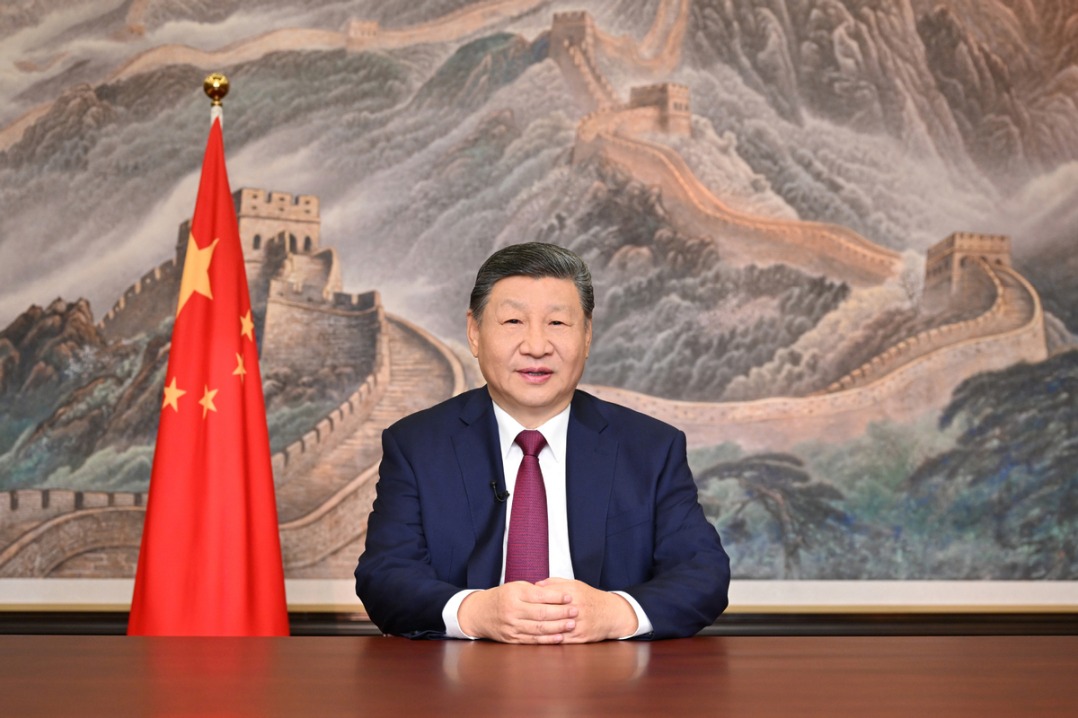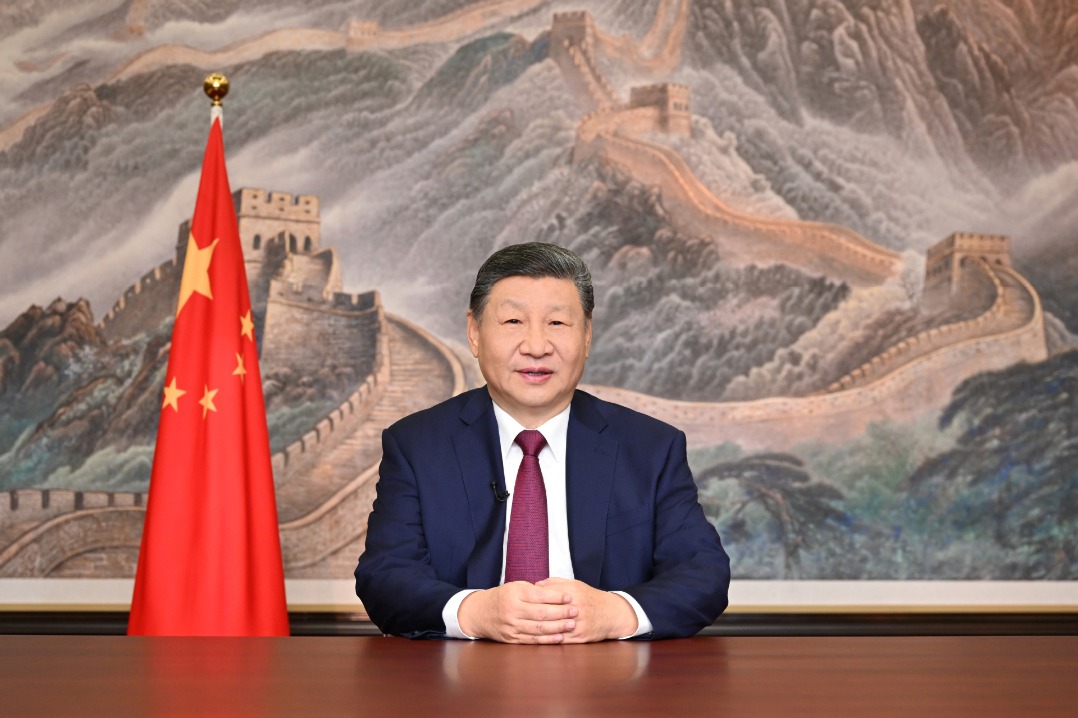Looking inward

Yiwu's savvy sellers turning to the domestic market in changing times
Yiwu businessman Wang Rongcheng was delighted to see a surge in overseas orders this year, only to be let down by the appreciation of the yuan.
The rise put severe pressure on his already thin profit margins.
"We worked very hard for the whole year to meet the increased orders and wound up with little," says Wang, 33. "A big part of our profits has been eaten away by rising costs," he says.
|
|
Worse, "when we get paid by foreign buyers after delivery, the US dollars and euros we received were worth less (in terms of the yuan) than when we signed the contracts months before," he says.
Like other entrepreneurs in this capital of consumer goods in China's industrial heartland, Wang has learned to live by his wits. He made a windfall of 20 million yuan (2.23 million euros) by wholesaling vuvuzelas - the trumpets that annoyed many football fans watching the 2010 World Cup matches in South Africa - and other soccer paraphernalia like national flags, wigs and hats.
Other equally savvy Yiwu wholesalers and factory owners found different ways to earn their windfalls. For example, the handy folding chairs that were in great demand by the hundreds of millions of visitors to the 2010 Shanghai Expo held from May to October have more than offset the losses in foreign exchange.
The year 2010 had started on a bright note as orders from foreign buyers started to pick up after the global recession. The flood of foreign orders gathered momentum in the spring and summer "because of the pent-up demand of consumers in the United States and Europe," says Zhou Wenbing, foreign trade department director of the Yiwu Foreign Trade and Economic Cooperation Bureau.
Yiwu's exports in 2010 rose 35 percent from 2009 to $2.8 billion (2.06 billion euros).
But the outlook is anything but rosy. Many consider recovery in the US to be in question by political squabbling that could undermine government efforts to revitalize the economy. Europe, meanwhile, is seen to be hamstrung by the massive cutbacks in government spending that could drag down economic growth.
On the currency front, the depreciation of the US dollar and the euro against the yuan is eroding the competitiveness of Chinese exports in overseas markets. Instead of trimming capacity, many Chinese factory owners are absorbing part of the foreign exchange losses to entice overseas orders, resulting in a squeeze on their profit margins. It is estimated that every 3 percent rise in the value of the yuan will cut exports' profits by 30 to 50 percent.
Manufacturers problems are compounded by the rise in labor cost and raw material prices. Average wages in Yiwu are estimated to have risen an average of 15 percent in the past 12 months. And the price of raw materials like textile experienced an increase of 9.6 percent compared with that of 2009, according to the National Bureau of Statistics.
"The appreciation of the yuan is still manageable, as we can fix the rate with foreign buyers when signing contracts. But when it comes to the surge of domestic raw material prices, we are out of ideas," says Wang, the sports souvenir dealer.
"Our clients no longer compare the quality of products among similar wholesalers as they used to. Instead, they only focus on the price, leaving us profitless between two sides," Wang says.
But all is not lost. Yiwu factory owners are finding their white knight in the form of the booming e-commerce business in China. Yiwu government figures showed that in 2010, e-commerce vendors in Yiwu sold a total of 50 billion yuan of goods to buyers from around the country, while the sales of the whole Yiwu market in 2009 was about 50 billion yuan.
"About 70 percent of all e-commerce vendors in Yiwu sourced locally," says Liu Wengao, vice-director of the Yiwu Jiangdong E-commerce Association. "Without laying a brick, we have got ourselves a growing virtual market that can one day compete with the mammoth marketplace we built in town," he says.
Chen Xiao, a sock seller in Yiwu's famed Mart, says that she would never sell anything less than a dozen pieces to retailers before the outbreak of the financial crisis in 2008. Now, "my main customers are the Internet vendors who buy five to ten pieces from me at any one time," she says. "They are keeping me in business," she says.
"It's hard to tell how many exporters in Yiwu have changed their business focus to the vast domestic market, especially the online market. But there is a growing tendency and it's a good way out," Liu says.
Today's Top News
- Confidence, resolve mark China's New Year outlook: China Daily editorial
- Key quotes from President Xi's 2026 New Year Address
- Full text: Chinese President Xi Jinping's 2026 New Year message
- Poll findings indicate Taiwan people's 'strong dissatisfaction' with DPP authorities
- Xi emphasizes strong start for 15th Five-Year Plan period
- PLA drills a stern warning to 'Taiwan independence' separatist forces, external interference: spokesperson































